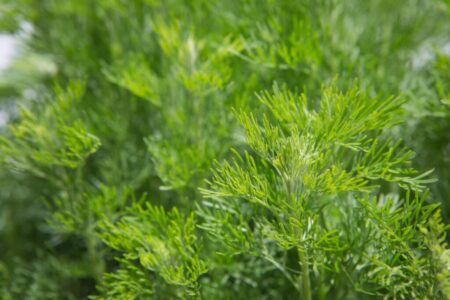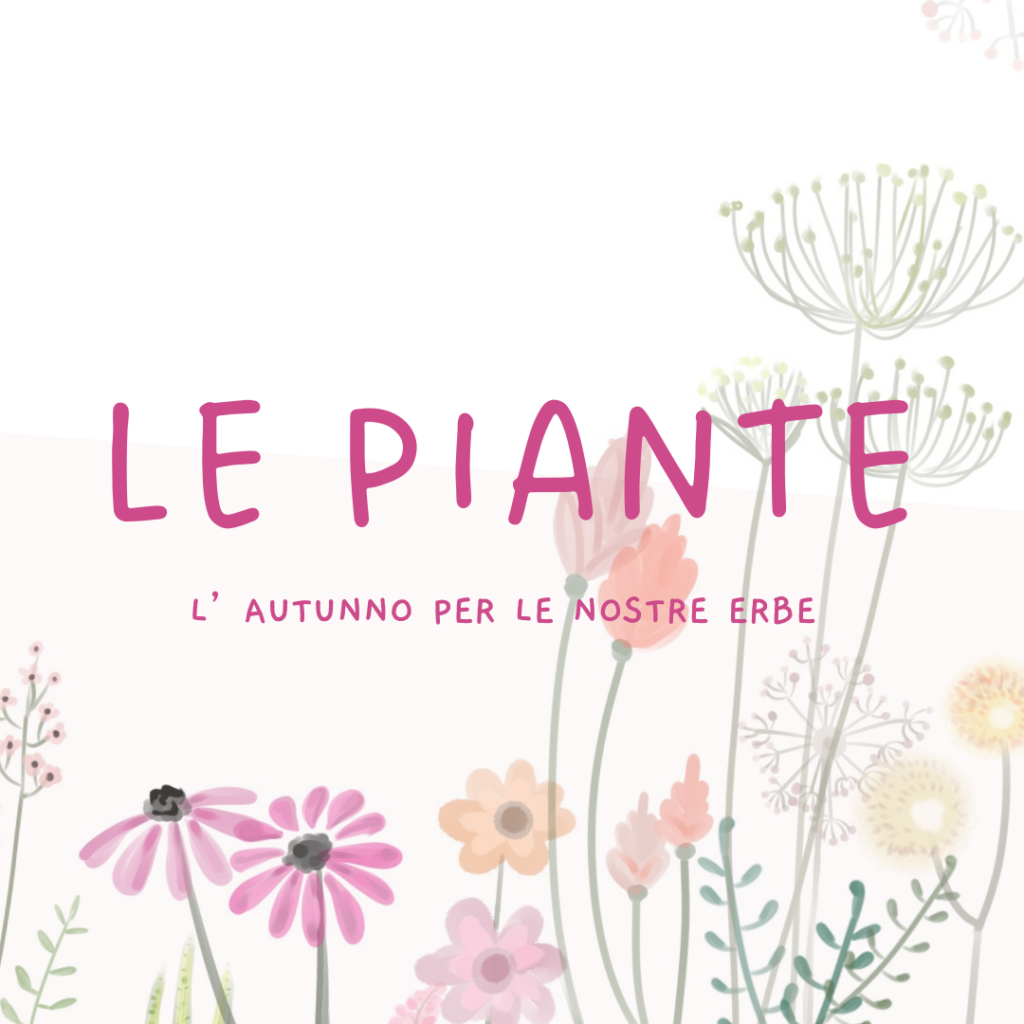L’fall has officially arrived (at least here in Veneto)! I won't hide from you that we had to wait a long time and almost wish for something, arriving close to mid-October and having to deal with unseasonable weather. More and more often our plants, not only in pots, but also and above all in the garden, have to deal with these sudden changes: one day too hot, another too cold. But plants, as we know, and I have already reminded you, are capable in an almost exceptional way of adapting and, if necessary, reacting to the environment in which they reside.
Let's keep an eye on them!
Autumn, and subsequently winter, does not mean closing the gardening chapter! Absolutely not! Autumn is that seasonal phase that precedes the winter period, more rigid and apparently static, but in which our herbs enter into a recovery phase from the summer period. The often very hot summer, in some areas too humid, in others very dry, significantly strains the vegetation and the vital functions of our plants. You will surely have noticed how during the hot summer months they are very often affected by the sun (spots on the leaves, burns), by the absence of water (we simply return home in the evening and find them prostrate on the ground), as well as by attacks of parasites and insects (a presence that peaks in summer when these proliferate and tend to attack our plants more aggressively). In short, the arrival of autumn represents a healthy touch for recovery, but let's not forget to help them with a few small precautions:
- Tip 1: cut carefully parts of leaves/branches damaged by sunlight, dry, stained or attacked by some fungus; to do this operation use scissors, in this way you will make clean and clean cuts, without tearing the vegetation in a coarse and mostly aggressive way;
- Tip 2: add new substrate in case that of the container is not sufficient; it is important for the roots of our plants to be sufficiently covered by soil. Important: use good soil!
- Tip 3: fertilize! if the temperatures have dropped properly, you can also help your plant recover with liquid or granular fertilization. This will allow her to regain microelements that she will have exhausted during the summer! Have you ever tried ours universal liquid fertilizer? Strictly allowed in biological agriculture!
- Tip 4: are the rainy days starting? Don't forget to remove the saucers from your potted plants or empty them regularly. Stagnant water, which always keeps the soil moist, is absolutely wrong for maintaining your herbs!
- Tip 5: let's support them! if the summer period has allowed them to grow too lush, remember to support them with grids, DIY structures or pot changes. It is important to always adapt the area and container to the development of your herbs (e.g. pots that are too small force the plant not to develop and reduce their growth potential or climbing plants for whose vegetation a structure that accompanies the development of the branches is not provided, risk developing too weak stems and suffocated vegetation on herself);
- Tip 6: let's observe them! These 5 tips are not the Bible! You will have to take care of them and listen to what they need.

Always remember that each genus and species certainly has primary needs, but where and in what conditions they are grown are fundamental aspects that determine their future. It may happen that a plant that tends to love shade also adapts to brighter areas! This is because perhaps in that particular position it benefits from fresh soil... Let's not take anything for granted!
Doubts and want some more clarification? Write to us!











